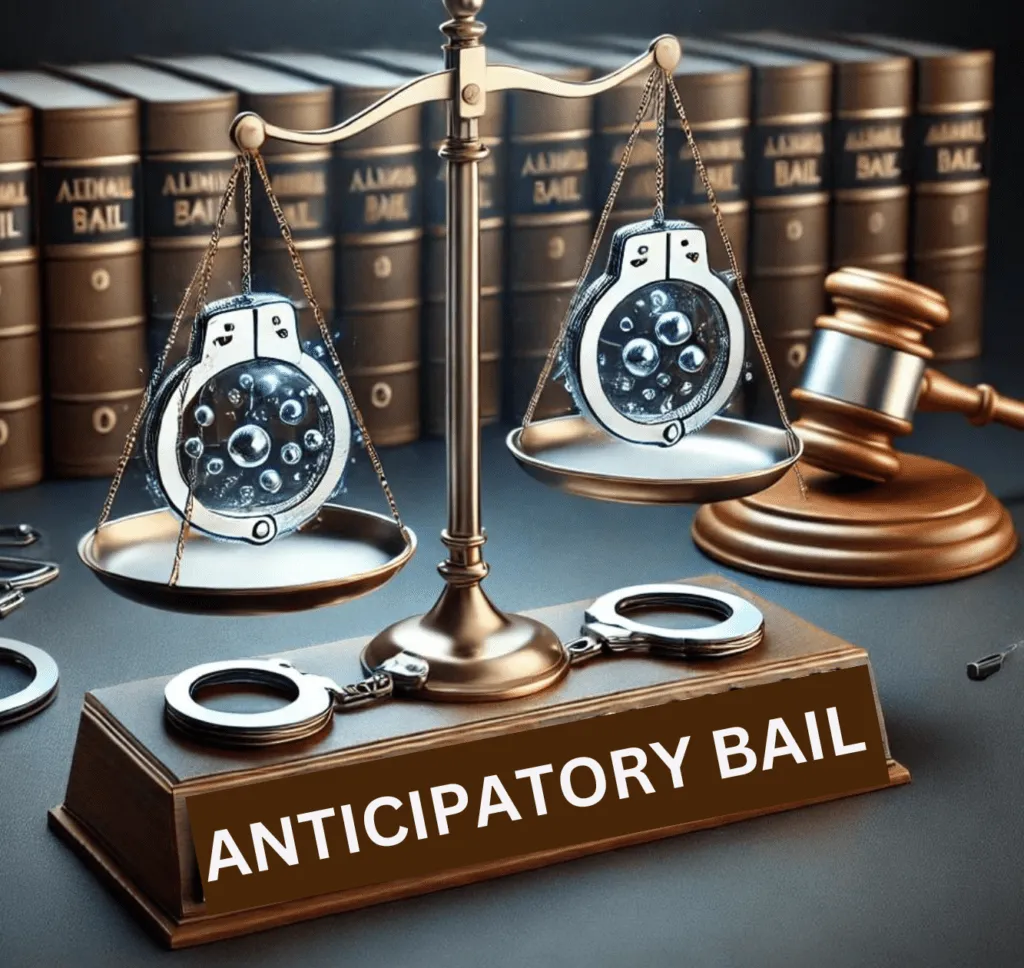
Relief Against Unlawful Arrest: Understanding Pre-Arrest Protection
Concept
Anticipatory bail protects individuals at risk of arrest for non-bailable offenses. Specifically, it allows those fearing arrest to seek protection before any police action occurs. Under Section 438 of the Code of Criminal Procedure (CrPC) and Section 482 of the Bharatiya Nagarik Suraksha Sanhita (BNSS), anticipatory bail provides relief until the trial concludes or the court issues a different directive.
Steps to File Applications
Individuals who fear arrest for cognizable and non-bailable offenses can file an anticipatory bail application. Importantly, they can submit this application even before the police register an FIR, provided they have reasonable grounds for their apprehension. However, they should not file without a legitimate fear of arrest.
Jurisdiction of the Court for Applications
Applicants can file anticipatory bail applications in either the Sessions Court at the district level or the High Court at the state level. Generally, the Sessions Court handles these applications; however, the High Court considers them only in cases of extreme urgency.
Points for Consideration before Granting Bail
Judges exercise discretion when granting anticipatory bail, and they consider several key factors, including:
- The nature and seriousness of the offense
- The likelihood of the accused absconding
- The potential for evidence distortion or witness influence
Moreover, the Supreme Court established principles for granting anticipatory bail in Gurbaksh Singh Sibbia & Ors. vs. The State of Punjab (1980) and reiterated these principles in Siddharam Satlingappa Mhetre vs. The State of Maharashtra (2011).
Time Period of Relief
Once the court grants anticipatory bail, it remains effective until the trial concludes, as confirmed in Sushila Aggarwal & Ors. vs. State (NCT of Delhi) (2020).
Conditions Imposed by the Court for Granting Relief
While courts have discretion in granting bail, they may impose specific conditions, such as:
- Ensuring the accused’s availability during police interrogations
- Prohibiting threats or influence on witnesses
- Requiring court permission before leaving the country
- Complying with signed bonds
- Avoiding further offenses and tampering with evidence
In exceptional cases, courts may apply restrictive conditions based on the specific facts of the case, as reiterated in Sushila Aggarwal & Ors. v. State (NCT of Delhi) (2020).
Right to Appeal
If a Sessions Court denies an anticipatory bail application, the applicant can appeal to the High Court. If the High Court denies the application again, the applicant may seek relief from the Supreme Court by filing a Special Leave Appeal under Article 136 of the Constitution of India, contingent upon the Supreme Court granting leave.
Timeframe for Filing Applications
The Supreme Court has established that no time limit exists for anticipatory bail applications in India. For instance, in Sushila Aggarwal v. State of NCT of Delhi (2020), the Court affirmed this position, allowing an accused in one case to seek anticipatory bail for a different case without restriction.
Grounds for Cancellation of Relief
The court may cancel bail if the accused violates any set conditions, such as absconding or attempting to influence witnesses. In such cases, the police or investigating agency can.
Written by: Indu Tarmali, 2nd year B.A.LLB, WBNUJS
Read about – RIGHTS OF VICTIMS UNDER BNSS, 2023.





